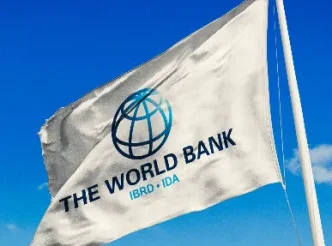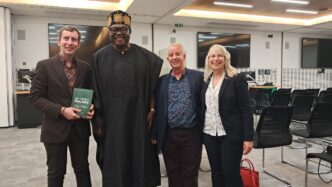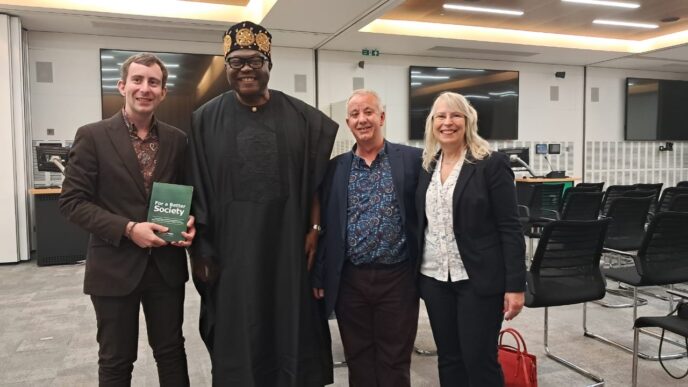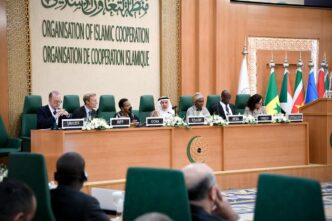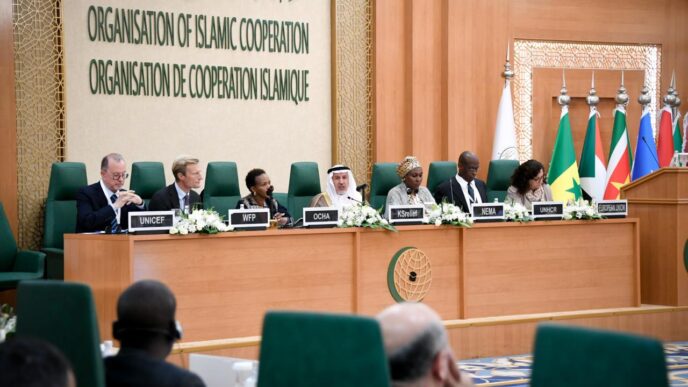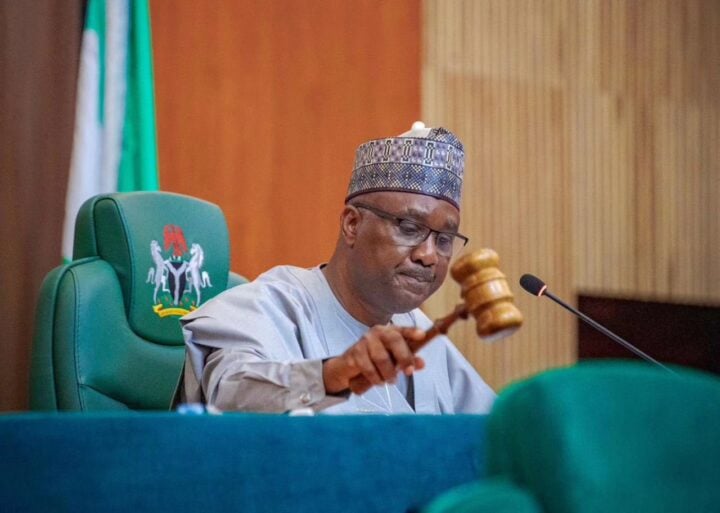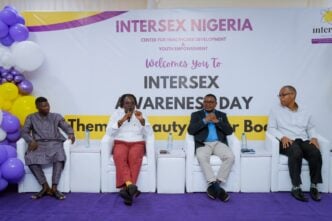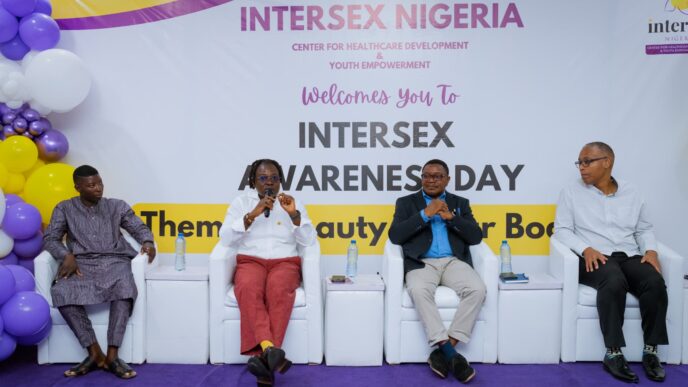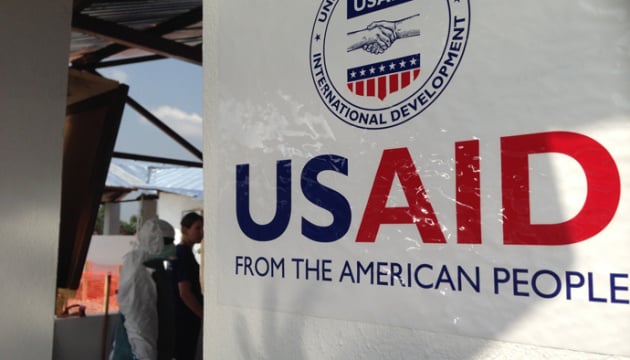Oral polio vaccination in Kano, Nigeria
The World Health Organisation (WHO) says insecurity and limited access to healthcare are fuelling the spread of polio variants in Africa.
In her message to mark World Polio Day on October 24, Matshidiso Moeti, WHO regional director for Africa, said the region has reached significant milestones, including the notable success of Madagascar, which has now gone a full year without detecting Circulating Variant Poliovirus Type 1.
“In Southern Africa, we marked the closure of the imported wild poliovirus type 1 outbreak that was declared in 2022,” she said.
“The swift and coordinated efforts of Malawi, Mozambique, and neighbouring countries — Tanzania, Zambia, and Zimbabwe — also inspire optimism.
Advertisement
“These achievements highlight the strength of joint action, the resilience of our communities, and the unwavering dedication of frontline health workers.
“Data equally bear out these results. Comparing data from 2023 and 2024 (as of 31 August for each year), detections of cVDPV1 have decreased by 96 percent, while detections of cVDPV2 have dropped by 65 per cent in the African Region.
“It is important to recognise that countries in the Lake Chad Basin and the Sahel have also united to tackle a new and pressing challenge: the continued transmission of circulating variant polio type 2.”
Advertisement
She said despite substantial efforts, the virus persists in these regions “driven by factors such as insecurity, limited access to healthcare, and high levels of population movement”.
“In 2024 alone, 134 detections of polio type 2 (both in the environment and in affected people, as of 5th September) have been reported jointly in Burkina Faso, Cameroon, Central African Republic, Chad, Mali, Niger, and Nigeria,” Moeti added.
She said there is a need for strong political commitment in the fight against polio.
“Vigilance is also critical. We need to enhance surveillance, especially in underserved areas, and accelerate our response to any new detections. Equally important is the need to scale up high-quality vaccination campaigns,” she said.
Advertisement
“The latest Independent Monitoring Board of the Global Polio Eradication Initiative report also underscores the need for enhanced community engagement.
“In many regions, particularly those affected by insecurity or social mistrust, it is community health workers who make the difference between success and failure.
“We must continue to support these local heroes, ensuring they have the resources and training required to reach every child with life-saving vaccines.”
Advertisement
Add a comment

